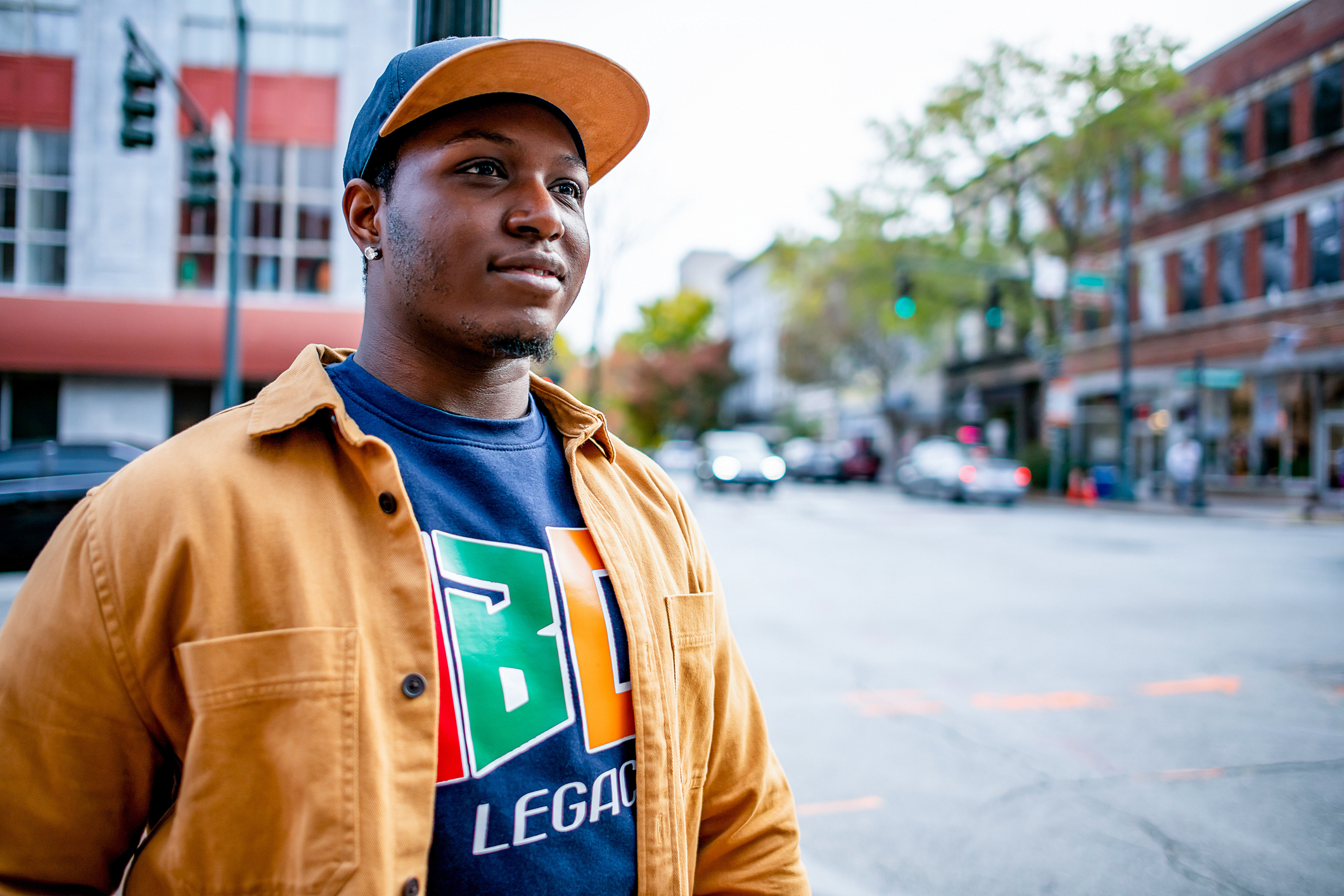Are There Any HBCUs in Missouri?
Yes, Missouri is home to two historically Black colleges and universities (HBCUs): Harris-Stowe State University in St. Louis and Lincoln University in the state’s capital, Jefferson City. Both of these public HBCUs offer quality academics for lower-than-average tuition. Not only do these institutions provide students with a great education but they also foster a close-knit community and a supportive environment centering around Black history and culture.
With vibrant campuses in urban settings, these schools offer students the opportunity to engage with local cultural resources as well. Missouri’s HBCUs create an enriching space for personal growth, academic achievement, and community connection.
Continue reading to find out whether one of the two HBCUs in Missouri is right for you.
Lincoln University
Established in 1866, Missouri’s Lincoln University is an HBCU that stands as a historical beacon of post-Civil War education. It was founded by soldiers of the 62nd and 65th United States Colored Infantries to empower newly freed enslaved Africans through education. Today, Lincoln continues its legacy by offering a nurturing environment for its diverse student body.
As a public land grant institution, with lower-than-average tuition and robust financial aid options, Lincoln University remains committed to equity, access, and academic excellence. Located in Jefferson City, Missouri’s capital, students have access to a rich cultural atmosphere off-campus with ample campus-based extracurricular opportunities.
Academics
Lincoln University offers a comprehensive academic experience, focusing on liberal arts and sciences. This public HBCU’s programs encompass a wide range of disciplines, including:
- Business
- Education
- Biology
- Social work
The university follows a traditional course structure, providing students with a solid foundation while encouraging interdisciplinary exploration.
Lincoln University also has the distinction of being the first HBCU to establish a police academy. This program has gained national attention and its goal is to increase diversity in law enforcement and train officers to be more community oriented.
Student Support Services
Missouri’s Lincoln University fosters a supportive academic community through various programs and student support services. These include mentoring initiatives, tutoring services, and counseling resources that empower students to thrive both personally and academically. The university’s close-knit environment ensures students receive personalized attention and guidance throughout their educational journeys.
Harris-Stowe State University
Established in 1857, Harris-Stowe State University (HSSU) is a public HBCU with roots as a teacher education school. HSSU serves around 1,500 students annually and offers a vibrant and inclusive learning environment. Some of the school’s most popular majors include:
- Biology
- Business
- Criminal justice
Like other public institutions, HSSU remains committed to expanding educational access through lower tuition rates and greater financial aid opportunities. Located in St. Louis, HSSU students can enhance their college experience by taking advantage of the city’s countless attractions, including expansive parks, restaurants, arts, and sports teams.
Academics
Harris-Stowe State offers diverse degree programs in fields like education, business, STEM, and the arts. The diverse curricula combine classroom learning with practical experiences, producing career-ready graduates.
Most recently, HSSU has partnered with Lincoln University as an additional site for the Law Enforcement Training Academy.
Student Support Services
Harris-Stowe offers its learners robust student support services, including mentorship programs, tutoring services, mental health resources, and career training. In addition to student support, Harris-Stowe is also home to many student organizations and offers dozens of campus activities.
Should You Attend an HBCU in Missouri?
Whether you’re interested in attending college online or on campus, finding a supportive community that lifts you up while understanding your identity and experiences can enhance your time in college. Lincoln University, Harris-Stowe State University, and other HBCUs offer value to Black students in that they create a unique environment for them to connect, fostering a sense of belonging and shared purpose.
That said, racial disparities exist in Missouri. For example, the median household income for Black citizens is 55% lower than that of white citizens, according to a Missouri Department of Health report. However, HBCUs in the state’s urban centers can offer Black students the chance to create community and attain a quality education to set themselves up for success.
Before choosing an HBCU — or any college — consider factors like program offerings, financial aid, cost, campus culture, and location. Additionally, you also need to decide if you want to attend online or on campus. Researching a college’s history, resources, and alumni success can also provide insight into whether schools align with your goals, needs, and aspirations.
While an HBCU in Missouri might be a solid choice, the state is also home to other standout institutions. We highlight some non-HBCU Missouri colleges below.
Washington University in St. Louis
Established in 1853, Washington University in St. Louis (WUSTL) is an elite private research institution that offers top undergraduate and graduate degrees. WUSTL is dedicated to diversity, equity, and inclusion, offering various safe campus spaces and anti-racism resources. Additionally, students have access to professional organizations seeking to expand underrepresented groups’ presence in multiple fields.
University of Missouri
The University of Missouri (Mizzou) is the state’s flagship public institution and works to nurture a supportive environment for all students. The campus is home to various resources, including mentoring programs, cultural centers, academic assistance, and organizations that celebrate diversity. These services aim to foster a sense of community, addressing unique needs while promoting success among Black students. Additionally, Mizzou is home to Black student organizations such as the Legion of Black Collegians, the National Pan-Hellenic Council, which consists of historically Black fraternities and sororities, and the Black Law Students Association.
Missouri Valley College
Founded in 1889, Missouri Valley College is a private Christian school with ties to the Presbyterian Church. This liberal arts institution touts a diverse student population while promoting civic engagement and service. Whether through the school’s Black student union or one of the many clubs and recreational activities, Missouri Valley College fosters student involvement and campus pride. This Missouri liberal arts school also encourages student wellness, offering health, fitness, and counseling centers.
Explore More College Resources

The Divine Nine: History of Black Sororities and Fraternities
Black Greek-letter organizations have made a deep impact on Black American culture. Learn more about the fraternities and sororities that started it all.

by Sydney Clark
Updated August 3, 2023



